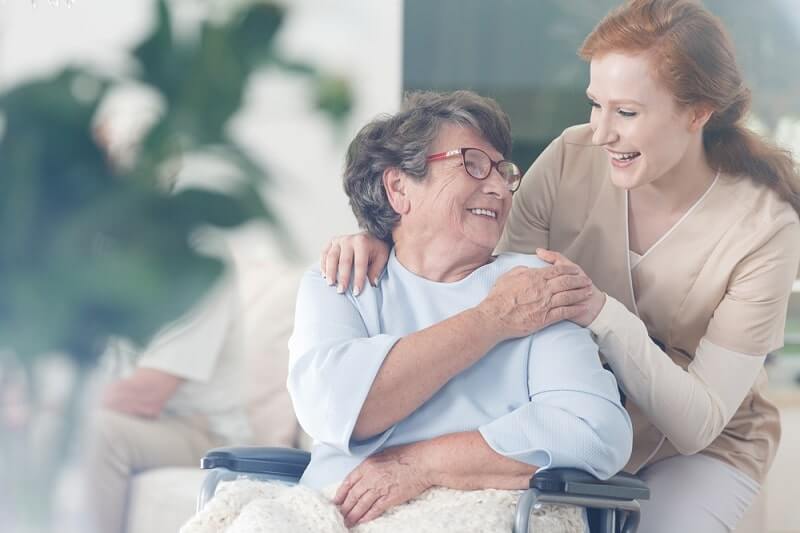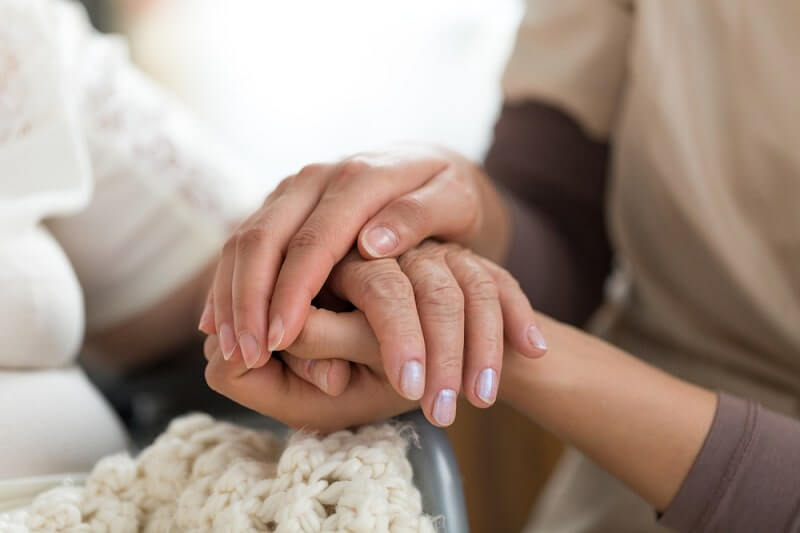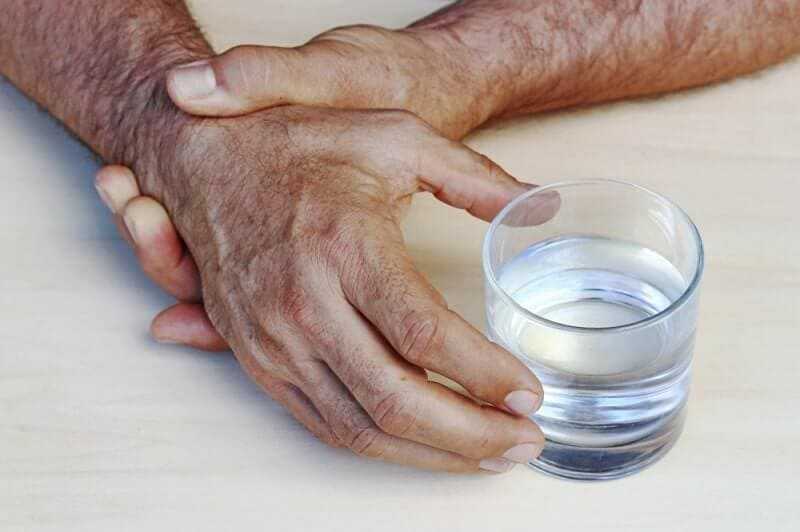The Caregiver’s Role – A Balancing Act

You help make an active and healthy life possible for your spouse, parent, or friend with Parkinson’s disease. You learn everything you can about PD and its treatments. You keep track of medication schedules and make trips to the doctor. You are a caregiver. And your love and support make meeting the challenges of PD remarkably easier. But the role of caregiver is not always an easy one. When faced with a diagnosis of PD, your loved one must adapt to new physical limitations. If you are a family member or dear friend of a PD patient, you are likely to be faced with many changes in your lifestyle as well.

While some patients retain their independence after a PD diagnosis, others need more help with daily activities. Regardless of the degree of the patient’s physical limitations, the diagnosis of PD has most likely caused some degree of change in your responsibilities — physical, emotional, or economical. But with careful planning, you and your loved one can maintain a care partnership — where the patient’s needs are balanced with your own. This partnership allows the patient to maintain an active role in shaping his or her own future. It stresses self-responsibility and allows you to avoid the burnout that can often occur when too much responsibility is placed on the caregiver. Because you must continue to care for yourself in order to continue to work in partnership with the PD patient, you must pay attention to your needs and maintain your own sense of well-being. The following suggestions, adapted from Coping With Parkinson’s Disease by Susan B. Levin and Erwin B. Montgomery, Jr, may help you succeed.
- Do not attempt to be superhuman. It is important to set realistic goals both for the PD patient and yourself. You cannot expect to tackle every problem right away. Set goals that are attainable and then strive to reach them.

- Accept and discuss your concerns and feelings with the patient and his or her health care team. In order for a care partnership to work, it is critical for you to express your ideas, worries, and thoughts with the patient. This allows the patient to help you meet your needs while you help them meet theirs. The patient’s physicians and other health care workers benefit from your input, as the person most closely connected with the patient on a daily basis.

- Be assertive with the patient and his or her health care team to ensure you are heard, understood, and respected. Remember, you are in a partnership.
- Take time for yourself. Make sure you have time to rest, relax, and be yourself.
- Continue with your hobbies, clubs, and activities, and being with your friends. While you may have to make some changes in your life, you shouldn’t put your life “on hold.” You’ll have more energy and more enthusiasm for your daily routine if your days include the activities you enjoy doing. It is important for both the patient and caregiver to maintain as active a life as possible.

- Take part in support groups. Understanding that you are not alone makes coping with PD easier. Support groups allow both you and the patient to share experiences, information, and solutions. Importantly, it allows you as the caregiver to be nurtured, and also allows you to lend your help to someone else. Developing supportive friendships and finding someone with shared experiences to confide in are critical coping mechanisms. Information on peer support groups can be obtained through the American Parkinson’s Disease Association (APDA) [800-223-2732] and National Parkinson Foundation (NPF) [800-327-4545]. They will help you contact the APDA Information and Referral Center nearest you. The Parkinson’s Disease Foundation (PDF) [212-923-4700] and the United Parkinson Foundation (UPF) [312-733-1893] also provide valuable information and literature for both PD patients and their caregivers.
- Recognize the need for additional support services. Additional professional services include counseling and home care. Counselors trained to help individuals and families cope with health-related issues and physical changes are an excellent resource. Some patients and their families live a relatively normal life with PD, without great demands placed on others to provide care. For other PD patients, the care of a loved one may not be enough. A trained medical professional in the home may be required to meet the patient’s needs. Home care provided by a certified home health agency offers a range of short-term services for the homebound PD patient. The services of a registered nurse, speech therapist, physical therapist,or home health aide can be ordered by the patient’s physician. Just as PD should not take over the patient’s life, being a caregiver should not take over yours. You and your loved one with PD can make the decision together, to work in partnership to manage PD, while continuing to live your lives actively and maintaining a lifestyle satisfying to you both.





